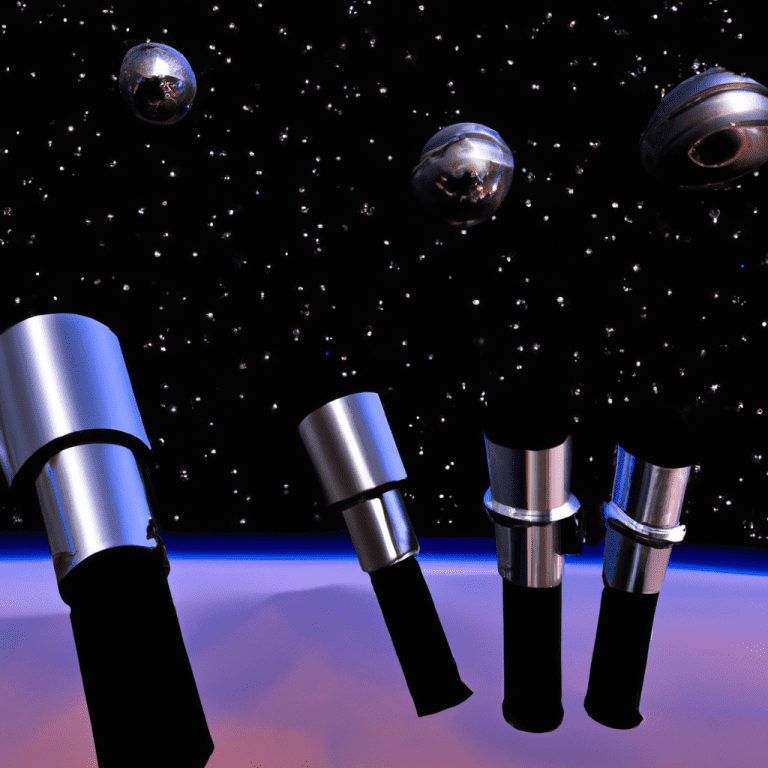Space Colonization: The Future of Humanity
Why Space Colonization is Important
- Resource Acquisition: Space colonies have the potential to obtain valuable resources such as helium-3, a rare isotope that has the potential to provide Earth with a clean and unlimited source of energy.
- Overpopulation: As the global population continues to grow, space colonies can provide an alternative living situation.
- Exploration: Space colonization will allow humans to explore and discover new planets and provide opportunities for scientific research.
The Plan for Space Colonization
- Orbiting the moon with the Orion spacecraft and Space Launch System (SLS) rocket
- Establishing a human landing system on the moon
- Construction of a lunar outpost for long-term living and scientific research on the moon
- Missions to Mars and beyond
The Challenges of Space Colonization
- Cost: Space exploration and colonization can come with a high price tag, with the cost of developing and launching spacecraft, establishing a human presence on the moon or Mars, and maintaining the infrastructure required for long-term living.
- Space radiation: Exposure to space radiation can be a challenging problem for space colonists, as it can cause genetic mutations and increase the risk of cancer.
- Psychological effects: Living in a confined space with a small group of people for an extended period of time can have psychological effects, including anxiety, depression, and lack of privacy.







